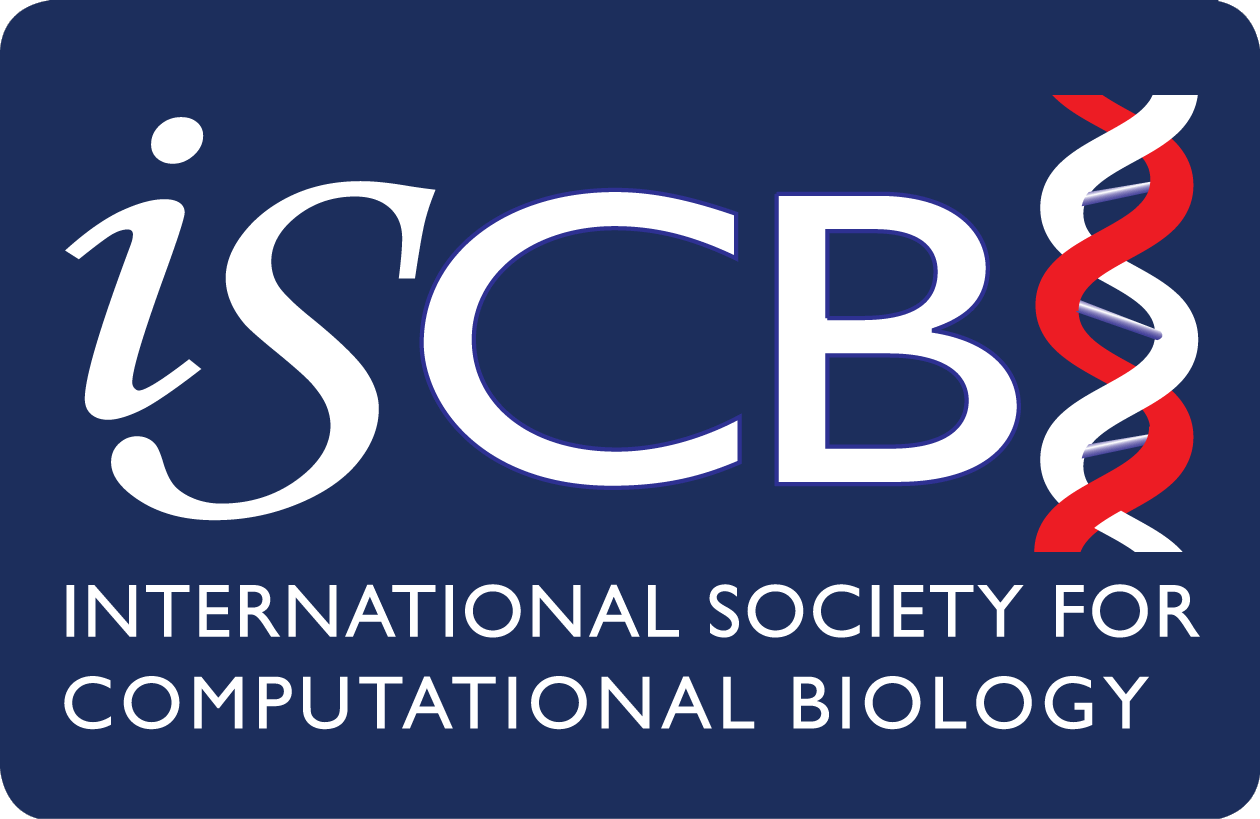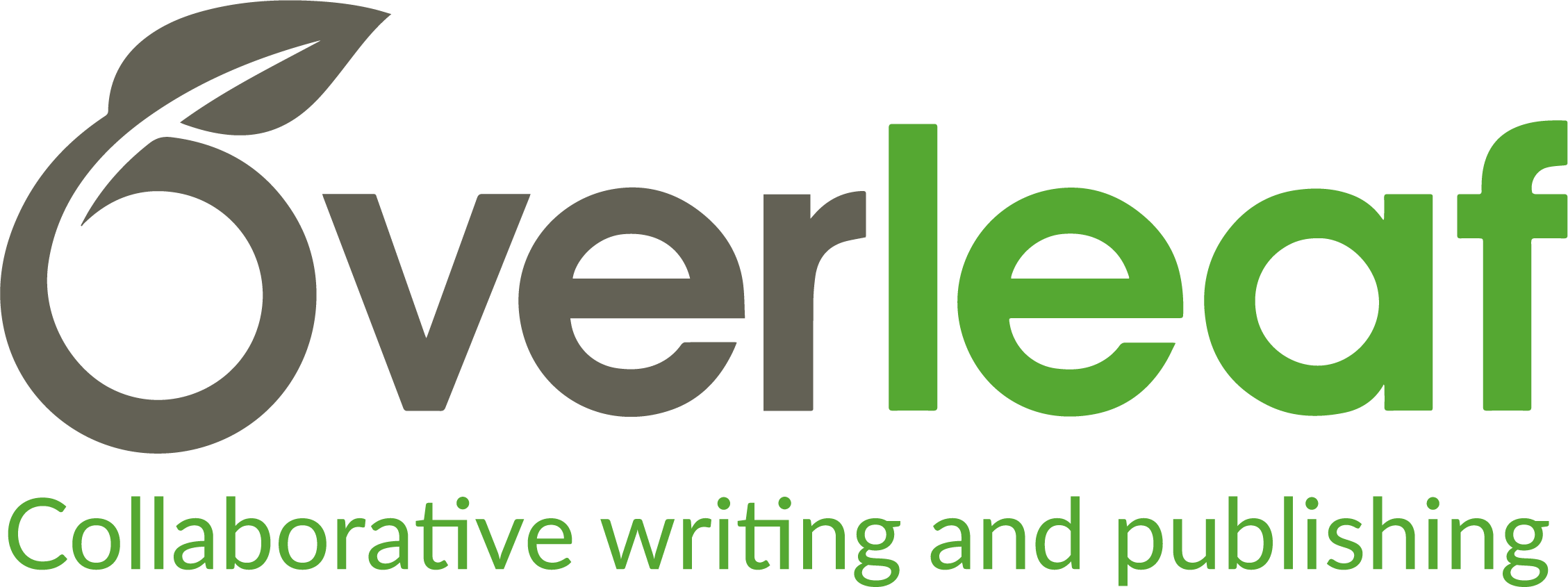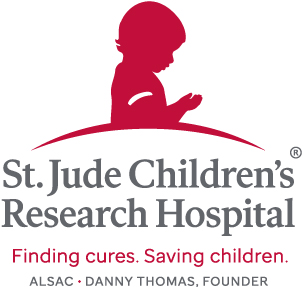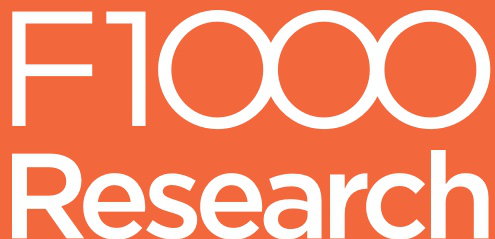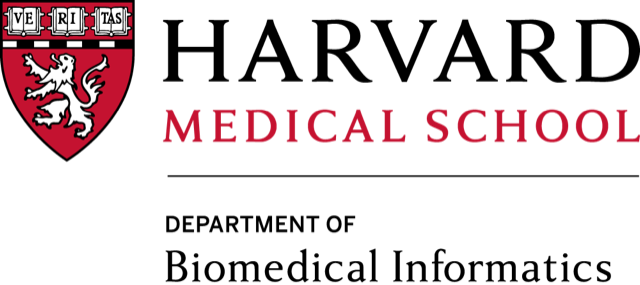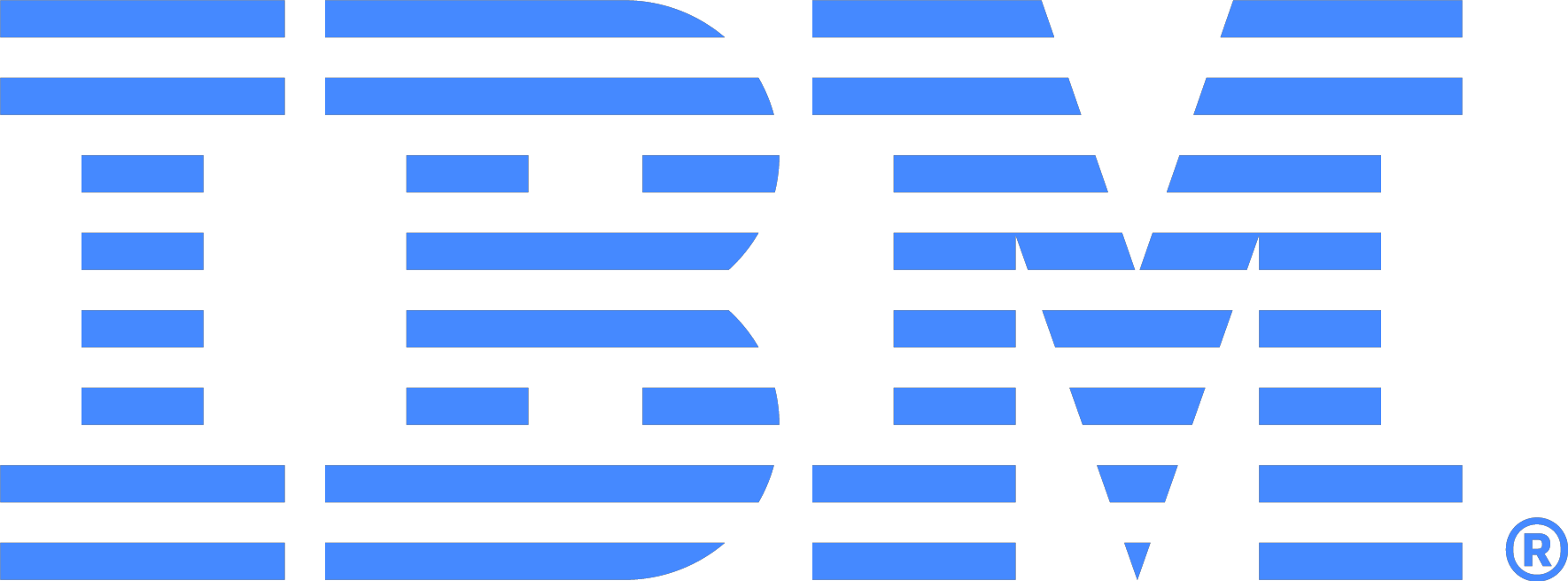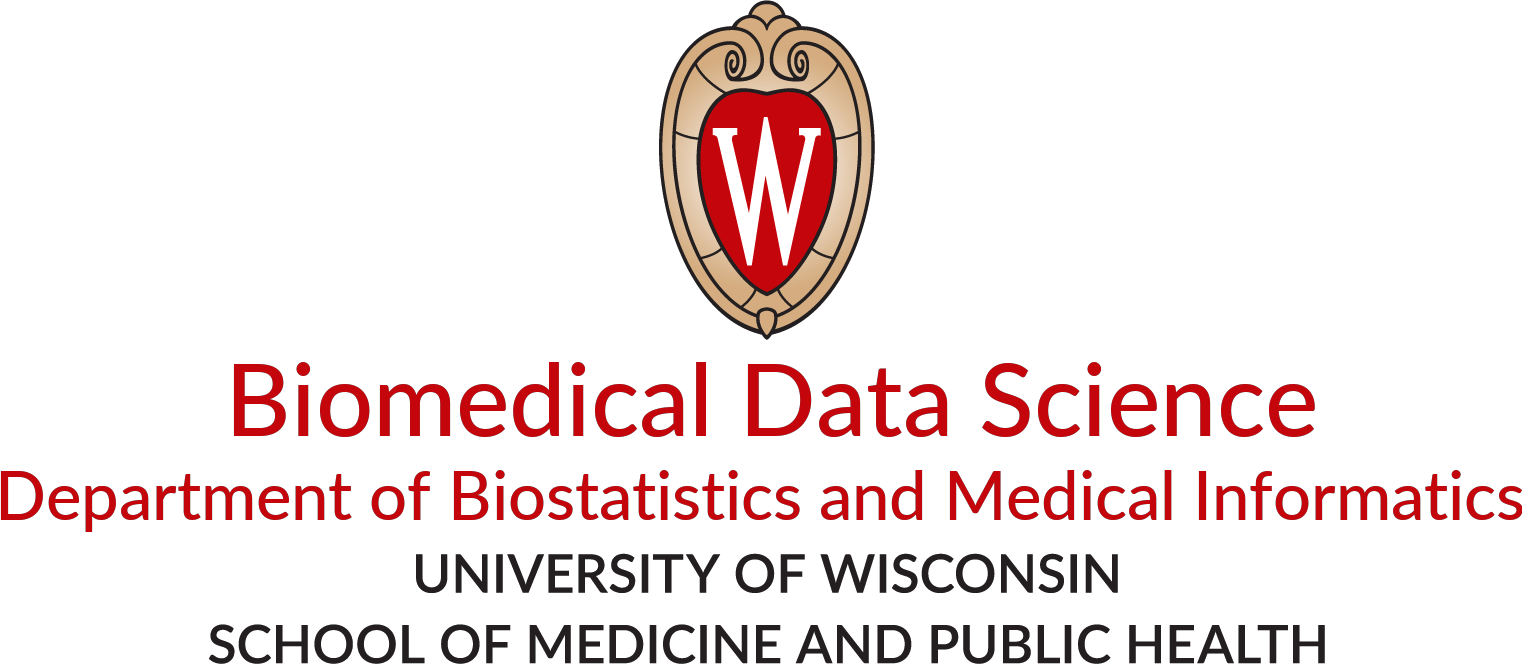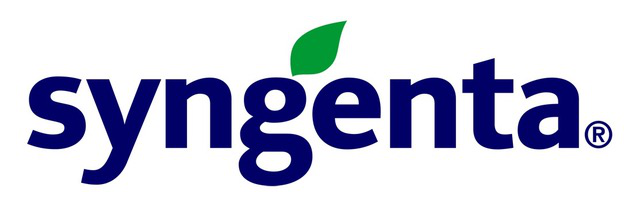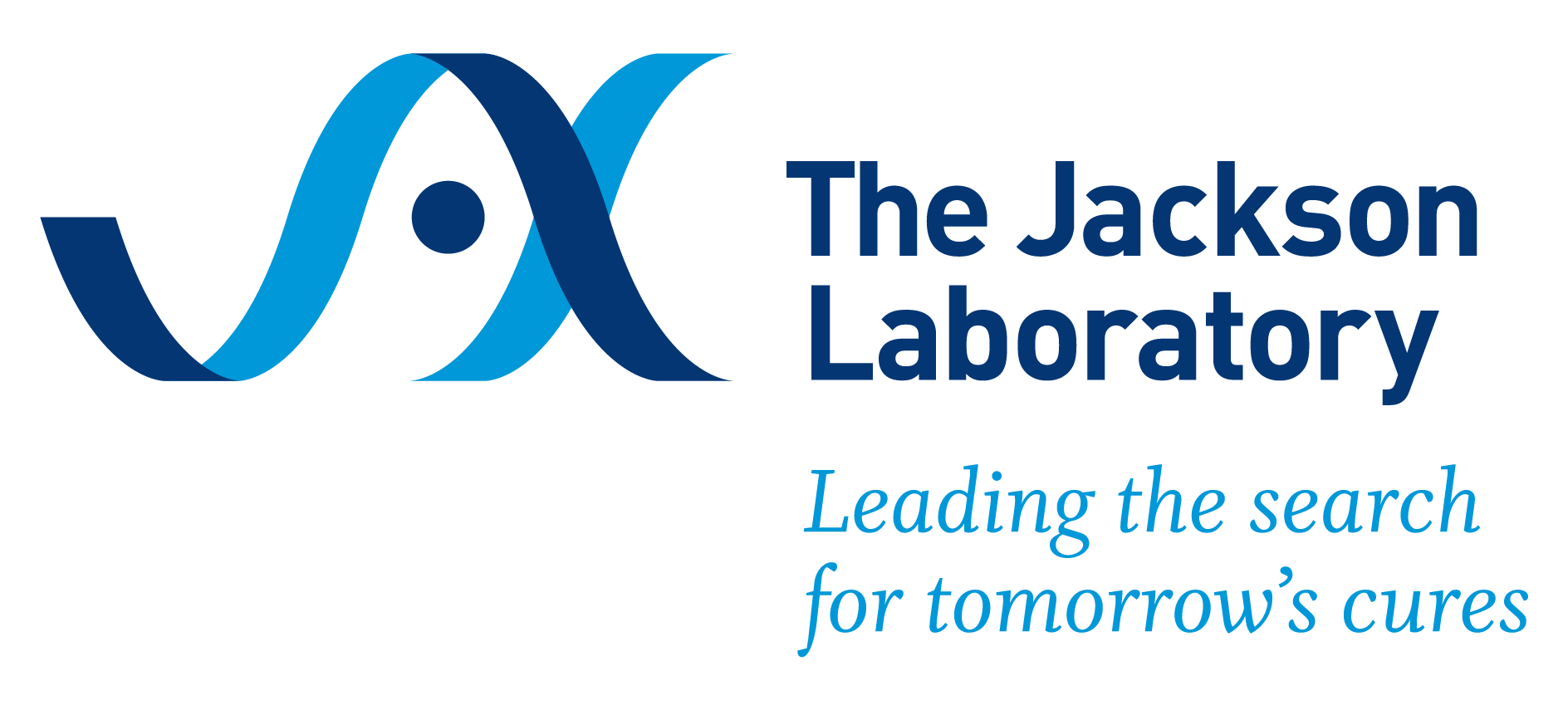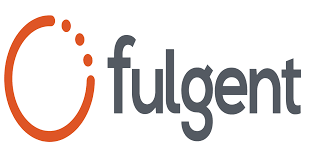Exhibitor Floor Plan ISMB 2022

ISMB 2022 Exhibitors and Recruiters
Exhibitors
| Booth | Exhibitor | Booth | Exhibitor |
| 1 | International Society for Computational Biology | 2 | University of Wisconsin, Madison |
| 3 | MDPI, Life Journal | 4 | |
| 5 | Oxford University Press | 6 | Jackson Laboratories |
| 7 | Overleaf | 8 | IBM |
| 9 | Corteva | 10 | Harvard Medical School Department of Biomedical Informatics |
| 11 | MemVerge | 12 | St. Jude Children's Research Hospital |
| 13 | F1000 | 14 | Fulgent Genetics |
| 15 | Tempus Labs Inc. |
Virtual Exhibitors
| Booth | Exhibitor | Booth | Exhibitor |
| V16 | Goblet | V17 | Frontiers |
The International Society for Computational Biology (ISCB) (www.iscb.org) was the first and continues to be the only society representing computational biology and bioinformatics worldwide. ISCB serves a global community of nearly 3,400 scientists dedicated to advancing the scientific understanding of living systems through computation by:
- convening the world’s experts and future leaders in top conferences
- partnering with publications that promote discovery and expand access to computational biology and bioinformatics
- delivering valuable information about training, education, employment, and relevant news
- providing an influential voice on government and scientific policies that are important to our members
ISCB has three official journals – OUP Bioinformatics, PLOS Computational Biology and F1000Research ISCB Community Journal, and has affiliations in place with several other publications for the benefit of our members.
Overleaf is a free, collaborative, cloud-based LaTeX editor which makes the process of writing, editing and publishing scientific documents quicker and easier. This intuitive online platform has seen rapid adoption across science and research, and Overleaf's award-winning collaboration technology is now in use by over 9 million researchers, students and technical writers in institutions, labs and industry worldwide. It’s simple and intuitive to use – all you need is a web browser – try it out and use it for free at www.overleaf.com.
At St. Jude, we have one common goal: find cures for children with cancer and other life-threatening diseases through research and treatment. As both a world class research institute and a specialized children’s hospital, St. Jude provides an unparalleled opportunity to advance your scientific training and launch your career.
F1000Research is an Open Research publishing platform for scientists, scholars and clinicians across all disciplines offering rapid publication of articles and other research outputs without editorial bias. We publish research across all academic disciplines and in multiple formats, including original articles, data notes, software tool articles and method articles.
The Harvard Medical School Department of Biomedical Informatics offers a variety of opportunities to increase your knowledge base and skill set in the application of quantitative principles to biomedical discovery. Come learn about our educational programs which include a Master’s, PhD, and Summer Institute and hear about our postdoctoral fellowships, faculty positions and other career opportunities.
Visit our booth to learn more about educational and career opportunities. For more information please visit: http://dbmi.hms.harvard.edu
Oxford University Press publishes a range of computational biology journals, including Bioinformatics, Bioinformatics Advances, GigaScience, Nucleic Acids Research, NAR Genomics and Bioinformatics, Database, Briefings in Bioinformatics, Briefings in Functional Genomics, and more. Bioinformatics publishes the highest quality scientific papers and review articles with its main focus is on new developments in genome bioinformatics and computational biology.
With 3,000+ researchers in 12 labs on six continents focused on Accelerated Discovery and Exploratory Sciences, IBM Research pioneers the most promising and disruptive technologies in hybrid cloud, AI and quantum computing. The combination of increasingly powerful computers and AI offers the possibility to be able to detect, diagnose, understand and cure diseases like never before. At IBM Research, we’re working on creating software and AI systems that can convert reams of health data into useable information for researchers and clinicians the world over. Scientific discovery is driven by two forces: the development of new capabilities and the relentless tenacity of the world’s sharpest minds. We see it as our duty to accelerate scientific progress by developing cutting-edge technologies, demonstrating scalable processes, and deploying new models of collaborative innovation.
Biomedical Data Science (BDS) encompasses the study and pursuit of the effective uses of biomedical data, information, and knowledge for scientific inquiry, problem-solving, and decision-making, driven by efforts to improve human health. The graduate programs in BDS blend the best of statistics, computer sciences, biostatistics and biomedical informatics and train students to develop computational and mathematical approaches to analyze large-scale biomedical data and to lead collaborative, interdisciplinary team science efforts.
Life is an international, peer-reviewed, open access journal of scientific studies related to fundamental themes in life sciences, published monthly online by MDPI. It publishes topics include, but are not limited to biomolecular design, activation and function; molecular evolution; biomolecular trafficking, and networks; membranes, and molecular organization in cells. We encourage the submission of manuscripts that fall in the broad areas of:
Structural biology
Computational biology
Biochemistry and biophysics of subcellular and molecular processes
Syngenta plays a vital role in enabling the food chain to feed the world safely and take care of our planet. Our ambition is to be the most collaborative and trusted team in agriculture, providing leading seeds and crop protection innovations to enhance the prosperity of farmers, wherever they are.
The Jackson Laboratory is an independent, nonprofit biomedical research institution with more than 2,400 employees. Its mission is to discover precise genomic solutions for disease and empower the global biomedical community in the shared quest to improve human health.
Corteva Agriscience is a global pure-play agriculture company that provides farmers around the world with the most complete portfolio in the industry - including a balanced and diverse mix of seed, crop protection and digital solutions focused on maximizing productivity to enhance yield and profitability. With some of the most recognized brands in agriculture and an industry-leading product and technology pipeline well positioned to drive growth, the company is committed to working with stakeholders throughout the food system as it fulfills its promise to enrich the lives of those who produce and those who consume, ensuring progress for generations to come. More information can be found at www.corteva.com
As the world's enterprises accelerate their digital transformations, they discover that next-generation applications must deal with data that are bigger and faster at the same time, outstripping the capabilities of today's infrastructure. MemVerge's mission is to deliver a new architecture, called Big Memory Computing, that converges memory and storage, thereby removing the storage I/O bottleneck once and for all. MemVerge's Memory Machine™ Software virtualizes heterogeneous memory hardware into a software-defined memory service that has both high capacity and high performance. MemVerge ZeroIO™ In-Memory Snapshot technology captures the state of running applications, and can be used for application roll-back, cloning and high availability. The results are new levels of productivity, performance, availability, and mobility for today's data-centric applications, both on-premises and in the cloud.
Fulgent Genetics is a global leader in next-generation sequencing with a focus on developing flexible and affordable genetic testing panels. By merging the fields of genetics, molecular biology, and computer science, we pursue excellence in genetic sequencing, scalability, and data analysis. We offer an unrivaled catalog of genetic testing covering over 18,000+ single genes, 800+ rare disease tests, whole-genome sequencing, whole-genome copy number variation analysis, mitochondrial sequencing, and CLIA/CAP quality sequencing services.
We are a technology company that has built the world’s largest library of clinical and molecular data and an operating system to make that data accessible and useful, starting with cancer. Our goal is for each patient to benefit from the treatment of others who came before.
We’re looking for people who can help us change the world. Who question the status quo and don’t shy away from tough problems. For the builders who are never done building and the learners who are never done learning. We’re looking for passionate people with undying curiosity. Those who want to attack one of the most challenging problems ever faced… head on.
GOBLET is an international organisation with the mission to cultivate a global community of bioinformatics trainers who support learning, education and training. GOBLET’s mission was defined under the vision that there is a clear need to harmonise bioinformatics training activities and to unite, inspire, and equip bioinformatics trainers worldwide. Towards this, GOBLET collaborates with national and international bioinformatics organisations. Relevant activities include the initiation of a series of standards and guidelines, work on the definition of competencies, promotion of best practices, and providing high-quality resources for learning, education and training in bioinformatics and computational biology, on a global scale.
Frontiers in Bioinformatics is a young open-access journal, led by Prof. Adam Godzik (University of California Riverside). The journal provides a forum where new discoveries in all aspects of bioinformatics and the analysis of biological data are presented. Frontiers in Bioinformatics focuses on new bioinformatics tools and novel applications that can bring new insights to specific biological problems, efforts that cross standard field boundaries.
